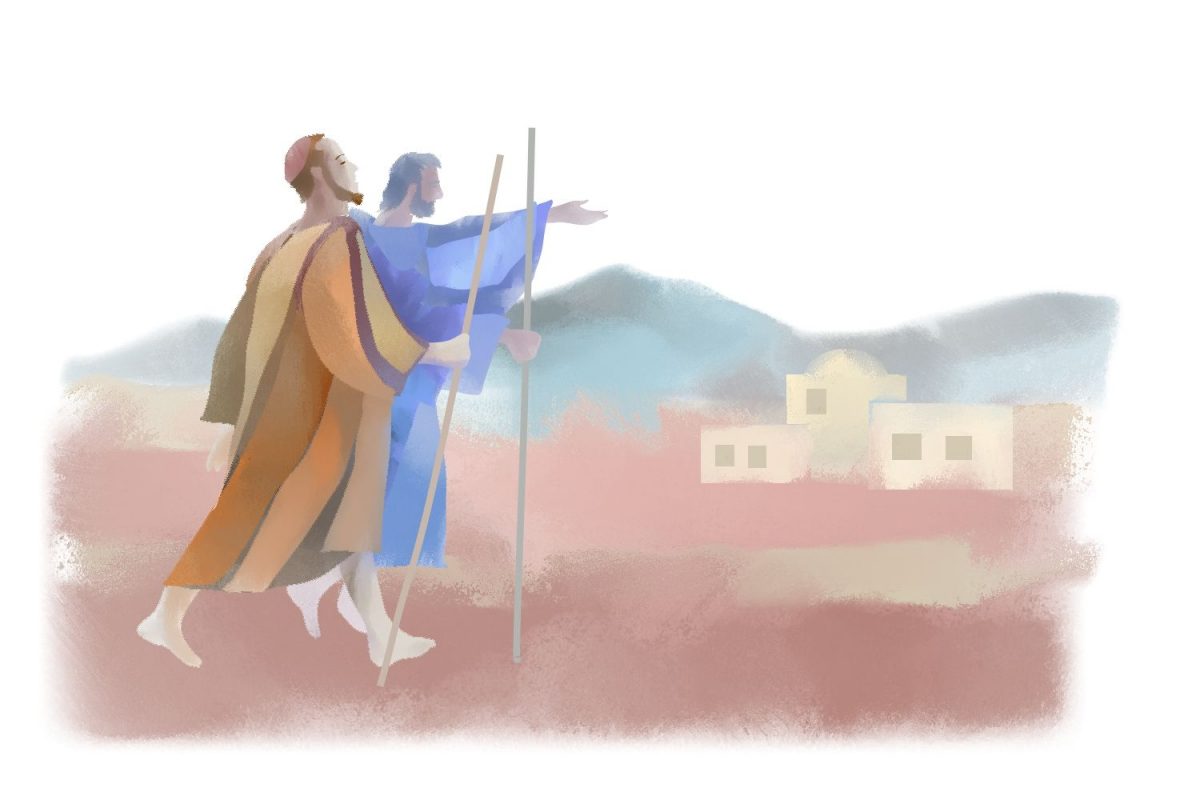The Road by Cormac McCarthy, 2010’s winner of the Pulitzer Prize for fiction, is the dark, compelling story of a father and son fighting for survival in the midst of nuclear winter. Nuclear war has reduced cities to ashes. Millions have been killed; cities and countryside have been destroyed. The few people who survived the firestorm have banded into packs of marauders robbing and killing for food. A man in his late 40s and his ten-year-old son have managed to survive. They are making their way from the eternal winter in the north to the southern coast where, they hope, they will find warmth and some hope of building a life. The boy, who was born after the war, has no memory of the life his father has known.
Every day of their trek, the father keeps reminding the son that they are the “good guys” who carry the “fire.” The boy is not quite sure exactly-what the “fire” is – but he believes in the “fire” because his father has told him so, and that’s good enough for him. Throughout their journey along The Road, the boy displays heart-breaking compassion for everyone they encounter, even those who try to kill them for their meagre provisions. Along the dark, grey Road, father and son confront death, starvation, bitter cold, sickness and unimaginable horror’
At the end of the journey, the boy must take to the Road himself, and he begins to understand what the “fire” is – his father’s uncompromising, unconditional love for his son that enabled him to survive.
“Do everything the way we did,” his father tells his son at the end of their journey together, and remember that the fire “is inside you. It was always there. I can see it.”
The boy continues on The Road with that hope

In today’s Gospel, Jesus commissions the seventy-two-to take to the road ‘with that same “fire” – the love of God for all his sons and daughters, the hope of transforming the darkness and bitterness of our world into the kingdom of God, the peace that enables all men and women to live as brothers and sisters in God’s Christ’ To create peace in the midst of conflict, to maintain a constructive, supportive relationship with others despite the strains of self-interest and distrust to rebuild family and community instead of trying to even the score, is the “fire” of discipleship. Like the seventy-two, Jesus appoints every disciple of every time and place to go before him to bring that “fire”‘ that ‘peace” into the lives of everyone we meet along the Road each one of us walks.
As he sends forth the seventy-two in today’s Gospel, Christ sends forth all of us – to proclaim God’s peace: peace that is centred in embracing Christ’s attitude of servanthood and his spirit of compassion, peace that enables us to bring forth the good within others, peace that is returned to us in extending the blessing of that peace to others.